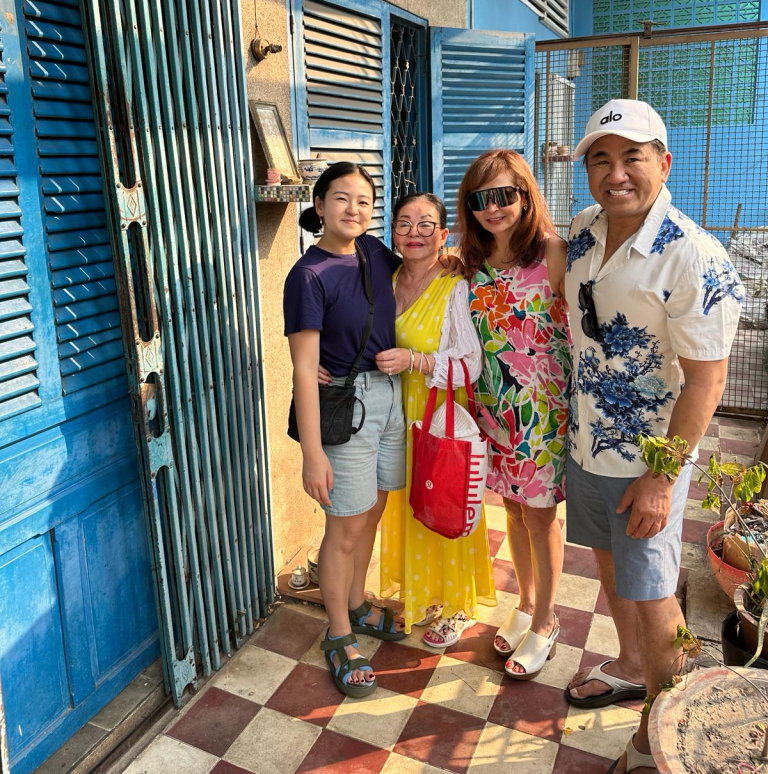Breaking Barriers
Gabrielle Nguyen grew up in a traditional Vietnamese family household where her parents left many things unsaid. Like many of us who grew up in the diaspora, her parents worked hard and tried not to burden her with their struggles.
Nguyen shares her family’s story in the hopes of inspiring others to take a leap of faith—breaking barriers surrounding mental health in immigrant Asian households.
“Growing up in a Vietnamese household as a child of refugees, I did not consider mental health as something that might affect me or my family,” Nguyen says. As she transitioned into adulthood, she began to grasp the profound impact the struggles her family faced had on their mental well-being, specifically, the stresses her father felt while Nguyen was growing up.
Navigating America and Kiêu Hãnh
In the 1970s, during the Vietnam War, two million Vietnamese refugees and asylum seekers fled their homeland by boat without money or resources.
The Nguyen family ended up in the American South (Louisiana, North Carolina, and Texas), which inherently led to a lot of casual racism and discrimination in workplaces and schools. Beyond social problems, they grappled with numerous personal challenges.
Nguyen’s paternal grandparents died when her father was 15 years old, shortly after they arrived in the US. As a result, her father and his siblings had to fend for themselves. This experience established the hardened persona he portrayed to the next generation in Nguyen’s childhood.
Although many people admire the Vietnamese for their perseverance and resilience, or Kiêu Hãnh (pride), it may also be a barrier to discussing mental health. As time passed, only when Nguyen reached adulthood did her father begin disclosing the trauma he endured as a refugee. She says, “I learned more about the survival mindset my father grew up with.”
A study from New Orleans, Louisiana, showed that Vietnamese community…
Read the full article here





